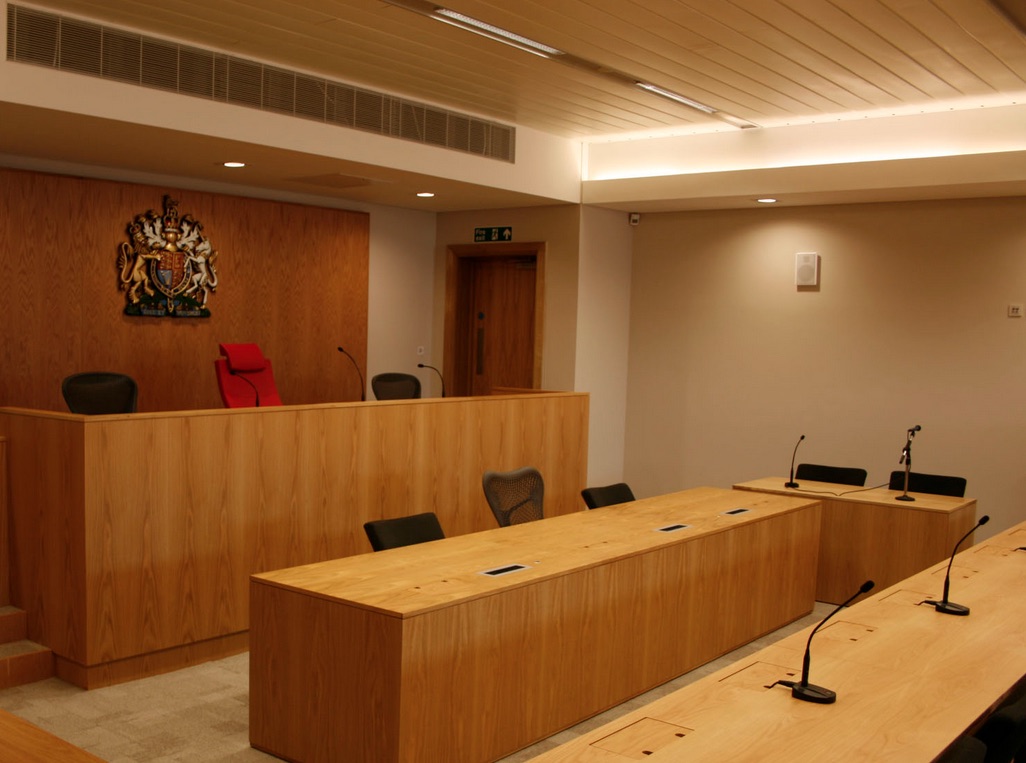A new study has highlighted the ‘poor state’ of court reporting, with ‘hundreds’ of potential stories left untold. Just one active court reporter was identified during a week-long study undertaken at Bristol Magistrates Court, with only three out of a total of 240 cases being reported on by the local press.
The study by academics from the University of West England (Phil Chamberlain, Marcus Keppel-Palmer, Sally Reardon and Thomas Smith) monitored over 40 local newspapers and online media outlets across Gloucestershire, Wiltshire and Somerset. It concluded that there was ‘some justification’ for the perception that court reporting was in ‘a poor state’.
According to the UWE study, traditional news values had been ‘turned upside down’ with low-level crimes making it into print ‘due to the availability of a press release, or that stories are only half told using PR’.
The Guardian journalist Nick Davies in his 2009 book Flat Earth News attacked what he called ‘churnalism’ – quick-turnover copy recycled from wire or PR sources. The UWE study argued that ‘newsroom churning’ was no replacement for firsthand reporting from court. In particular, the academics noted that ‘judicial process’ stories (for example, relating to fair trials, appropriate sentencing, rehabilitation and support for offenders and victims) were ‘neither being reported nor investigated’.
Two out of the three reported stories were covered by the Bristol Post, despite the fact that study observers did not see a Post reporter in court during the relevant hearings. One story concerned the case of a man stealing a car and driving it without a licence or insurance, which was rated as minimally newsworthy and said to be largely based on a press release. The second article was a list provided by the Crown Prosecution Service of 60 convictions, only providing the ‘bare bones’ of each case.
‘This is hardly an example of robust and independent oversight by journalism,’ the report concluded. ‘Although the research is small in scale, the lack of coverage during the week is clear when compared to the hundreds of cases heard during that period, concerning people across Bristol and the surrounding area.’
The authors noted the ‘widespread perception of a collapse in court reporting’ – and referenced Brian Thornton’s study for the Justice Gap (which featured in Proof, issue 3). ‘Much of the discussion of the disappearing reporter has been anecdotal with little empirical evidence to examine the issue, especially at magistrates’ level,’ they said.
‘Local-level justice was being conducted invisibly’
The vast majority of justice in England and Wales is dispensed in local magistrates’ courts, and done so primarily at the hands of volunteer magistrates, not legally qualified and generally unrepresentative of those over whom they preside in age, ethnicity, social background and class.
The dearth of magistrates’ court reporting comes hand in hand with a rise in anecdotal evidence of magistrates being out of touch. The anonymous blogger Secret Barrister recounted one incident in 2015 where a defendant plead guilty to stealing a pack of Mars Bars valued at 75p. In mitigation, it was submitted that owing to a termination of her social security payments, she had not eaten in four days, to which the chairman of the magistrates’ bench replied: ‘We do not readily accept you go into a shop to steal just for being hungry.’
The UWE report argued that the lack of court reporting prevented the public from understanding the health of the legal system as a whole. ‘During the observation week, some members of the bench brought up the timeliness of disclosures with prosecution lawyers in various discussions of cases,’ the study said. ‘With this in mind, a press release, unchecked by local media, merely listing convictions does not represent robust and independent scrutiny of justice.’
Conclusion
‘The stark figures from the week of observation paint a grim picture of magistrates’ court reporting 240 cases, three articles, one journalist and hundreds of potential stories left untold. This research looked at one magistrates’ court during a week, but from this pilot it would seem that there is some justification for the perception that court reporting at this level is in a poor state. Although the research is small in scale, the lack of coverage during the week is clear when compared to the hundreds of cases heard during that period, concerning people across Bristol and the surrounding area. Effectively, this local level justice was being conducted invisibly.’







Freedom of the Press